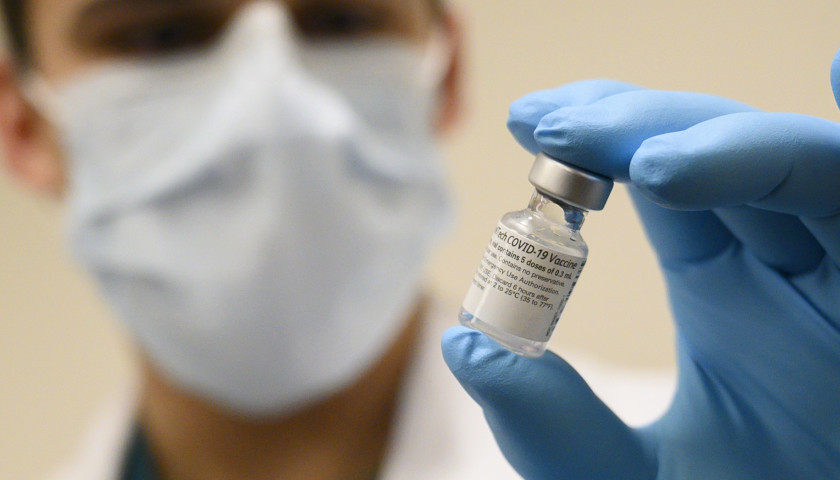by Mary Stroka
Nearly every U.S. state recognized increased backlogs for new Social Security disability benefit applications since 2019, And the Great Lakes states were no different.
In fact, Wisconsin’s backlog more than doubled, ranking in fifth nationwide for increased backlogs. From 2019 to 2023, Wisconsin’s backlog grew 130 percent, with an increase of 11,500 backlogged applications. It has the fifth highest backlog increase in the nation.
Michigan’s backlog rose 21 percent (4,810 more), and Iowa’s increased 7 percent (315 more), and Minnesota’s rose 5 percent (327 more).
Nonpartisan civic data organization USAFacts found in its report that as of March, for the first time since 2008, more than 1 million initial applications are pending review.
The average wait time increased from 133 days in February 2020 to a record 222 days in March 2023, according to the report, which was last updated April 10.
USAFacts Data Visualization Engineer Amber Thomas said in a statement USAFacts wants Americans to have deeper, more accessible government data so they can make more informed decisions regarding policies.
“We encourage residents to look at current and proposed policies with the data and facts in mind to help guide their actions,” she said. “The best thing residents in these states as well as across the country is continue to spread the facts and data to others. Ensure whatever action you take and those around you is rooted in verifiable facts and data. It can start by sharing our report with family and friends who want to learn more about the topic but continue with seeking out more information to educate and inform you and your communities.”
She said residents should contact their political representatives and ask them to look into the issue.
Thomas said the analysis didn’t include socioeconomic factors, but the backlog data can be downloaded from the report or the Social Security Administration’s (SSA) website.
“We encourage others to build upon our work to answer questions like this one,” she said.
Each year, about 8,000 applicants file for bankruptcy and about 10,000 die while waiting for a decision on their disability benefit application, and there’s no monetary assistance for applicants during the application process, according to the report. About 60 percent of applicants are denied benefits after that period. If they choose to appeal, that process, which has about a 50/50 chance of success, could take months or years. A 2020 Government Accountability Office study found that the median wait time for a final decision on claims filed in 2015 was about two years and three months.
The backlog has been at least this high since April 2022, the report found. The last time it was near this level was in August 2010, when there were 821,633 pending applications.
SSA officials asked Congress for an $800 million budget increase for the 2023 fiscal year to help reduce backlogs, as they said that without more funding for employees and IT updates, backlogs and wait times would increase and make the service deteriorate further, to unacceptable levels, the report said.
The SSA had the lowest staffing level in 25 years, and attrition rates in state DDS (Disability Determination Process) are more than 25 percent, SSA Deputy Commissioner for Operations Grace Kim testified in May 2022.
The SSA can’t compensate staff for overtime, the report said.
Florida had the greatest percentage increase (156 percent), the report found. The backlog also more than doubled in South Carolina, Texas, North Dakota, Kansas, Arizona, New Hampshire and Mississippi.
Seven states experienced a drop: Nevada, South Dakota, Rhode Island, Oklahoma, Washington, Vermont and Alaska. Alaska had the greatest decrease, 51 percent.
– – –
Mary Stroka is a contributor to The Center Square.
Photo “Disabled Person Using a Laptop” by Marcus Aurelius.







